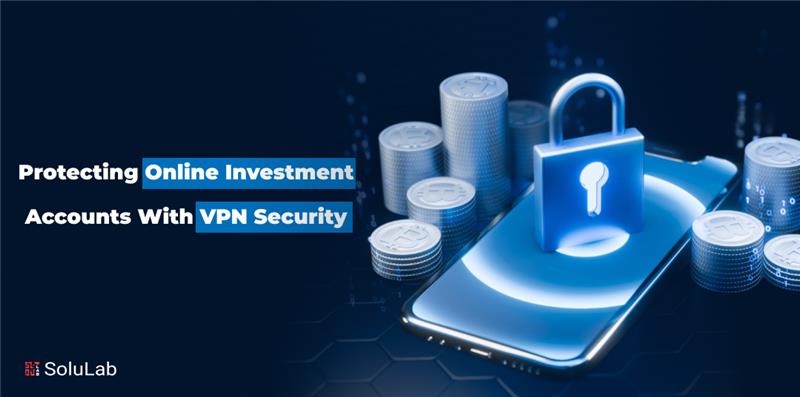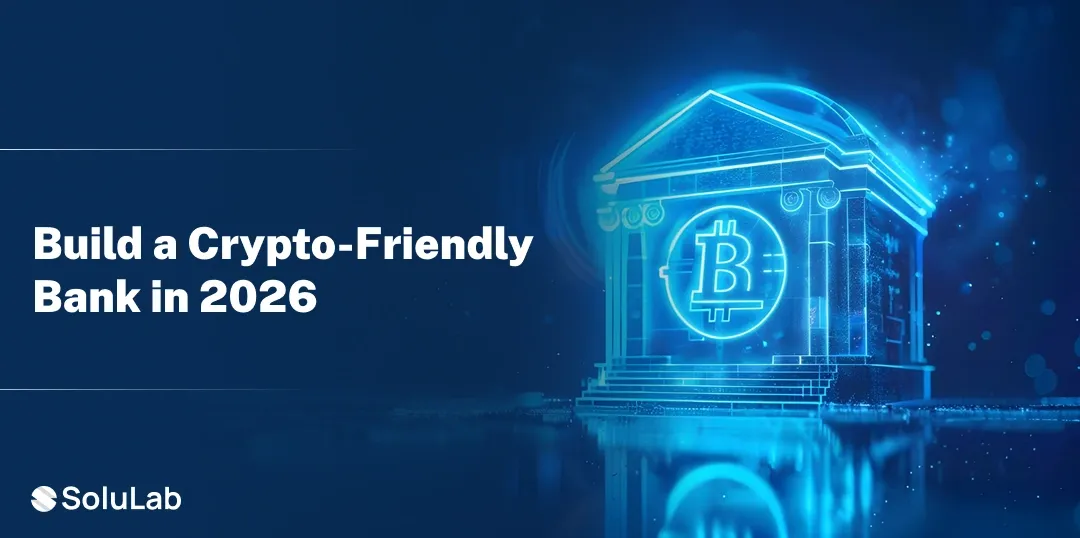
The financial world has changed. Millions of people now trade stocks, manage retirement funds, or buy cryptocurrency without visiting a bank. A simple laptop or phone is enough. But convenience comes at a cost. Every online investment account is a target. Cybercriminals are looking for weak points, and they rarely stop trying.
According to a 2023 report by Cybersecurity Ventures, financial institutions lose over $6 trillion every year to cybercrime. That number is expected to grow. This means every investor, whether beginner or professional, must think carefully about financial cybersecurity.
The Role of a VPN in Safe Online Investing
A Virtual Private Network (VPN) may look like a technical tool. In reality, it is a simple shield. When activated, a VPN creates a private tunnel for your internet traffic. Hackers, internet service providers, or malicious software cannot easily see what you are doing.
This technology encrypts online transactions. Encrypted means scrambled, unreadable to outsiders. Your bank transfers, stock purchases, or cryptocurrency trades become lines of useless code if intercepted. Without a VPN, sensitive financial data can be exposed. With it, data is locked and only you—and your financial platform—hold the key.
Safeguard Financial Data at Every Step
Investment platforms store a mountain of personal information. This means that secure trading with a VPN is in every investor’s best interest. Protecting investment accounts with a VPN should definitely be a priority, as even successful trades can be ruined if hacked. However, with the best VPN for Mac, your data will be encrypted and processed through a data mixer. For example, VeePN uses 256-bit encryption, which is virtually impossible to crack, and has 2,500+ VPN servers available. In short, a VPN for investors is like an invisibility cloak.
Protect Login Credentials from Hackers
Passwords are the first line of defense, but they are often stolen. Phishing emails and fake login pages continue to trick investors. A VPN adds another protective wall. Hackers sitting on the same network will fail to see your login attempt. They will not capture your username or password because the connection is encrypted.
Some attackers use tools to sniff out data in real time. Without encryption, login credentials may leak within seconds. But with a VPN, even if the signal is captured, the content is useless to the attacker.
Secure Public Wi-Fi Trading
One of the most dangerous habits is checking investment accounts on public Wi-Fi. Cafés, airports, or hotels provide free connections, but they are not secure. Hackers can set up fake Wi-Fi hotspots or monitor existing ones. A quick glance at your portfolio might be enough for them to steal account details.
With a VPN, public Wi-Fi becomes much safer. The VPN masks your IP address and secures the connection. Your trades, your portfolio updates, and your financial conversations are invisible to anyone lurking nearby. This is critical for investors who need to make fast decisions on the go.
Investment Portfolio Protection Beyond Passwords
Strong passwords and two-factor authentication are recommended. Yet, they are not enough. Attackers use advanced methods like man-in-the-middle attacks, where communication between you and the financial site is secretly intercepted.
VPN technology prevents such attacks by creating an encrypted tunnel. All portfolio movements—whether buying stocks, adjusting retirement funds, or moving cryptocurrency—are protected in transit. It is not only about access but also about ensuring that the instructions you send reach the correct platform without tampering.
Prevent Identity Theft Before It Starts
Identity theft is not always about drained bank accounts. Sometimes, criminals use stolen identities to open new brokerage accounts, apply for loans, or even hide illegal transfers. Once your information is exposed, you may spend years fixing the damage.
VPN use lowers the chances of exposure dramatically. By hiding your IP address and encrypting your traffic, identity thieves cannot trace your online activity. Even on less-secure websites, your personal footprint becomes harder to follow.
Statistics Show the Need for Stronger Protection
Numbers tell a clear story. A 2022 survey by PwC revealed that over 45% of individuals experienced some form of online financial fraud. Another study by IBM reported that the average cost of a data breach in the financial sector reached $5.9 million in 2023.
For investors, the loss is not only money. Time, trust, and confidence disappear as well. The cost of recovery may exceed the original investment. These statistics highlight why extra layers of protection, such as VPN security, are no longer optional. They are essential.
Simple Steps Toward Safer Online Investing
- Choose a reputable VPN provider. Not all services are equal. Pick one with a strong track record in privacy.
- Activate the VPN before logging in. Make it a habit. Just as you lock your car, secure your connection.
- Use multi-factor authentication. A VPN works best when combined with other security steps.
- Avoid free, suspicious Wi-Fi without protection. If you must connect, ensure the VPN is running.
- Keep software updated. Both VPN apps and investment platforms release patches against new threats.
Final Thoughts: The Future of Financial Cybersecurity
Safe online investing requires more than market knowledge. It requires digital awareness. Hackers adapt quickly. They look for weaknesses in behavior, not just in software. That is why investors need to stay ahead.
VPN technology provides investment portfolio protection, prevents identity theft, and ensures secure public Wi-Fi trading. It is not a magic cure, but it is a strong layer in financial cybersecurity.
As digital markets expand, protecting login credentials and encrypting online transactions will define the difference between safe investing and risky exposure. The tools exist. The choice belongs to every investor.




